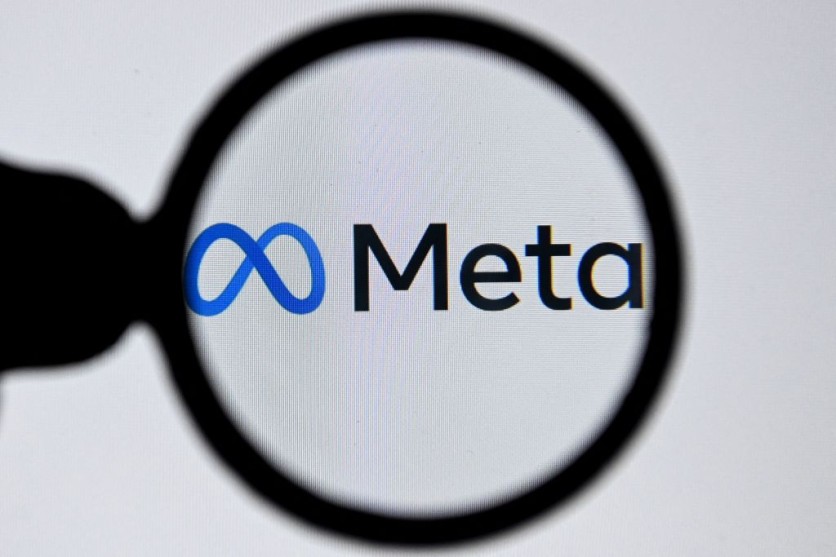Meta reportedly announced Monday that it will prohibit any political advertiser from using its new generative AI advertising products. The company, however, has yet to disclose the decision in its advertising standards or any rules specifically on AI.
This decision by Meta comes as one of the first publicly announced policies of the company about implementing safety guard rails for its newly launched generative AI advertisement tools.

The specific tools that political advertisers are prohibited from using include ad tools that, when given simple written instructions, can rapidly build backgrounds, alter images, and produce several versions and variations of advertisement materials.
Meta's generative AI tools were only recently made available, wherein only a select few advertisers had access to the tools. The company stated that they were on schedule to launch the tools for all marketers worldwide by the following year.
Currently, Meta only prohibits advertisements with content flagged by the Facebook owner's fact-checking partners.
Reuters reports that last month, Nick Clegg, the chief policy executive at Meta, declared that generative AI usage in political advertising was "clearly an area where we need to update our rules."
AI As An Election Misinformation Tool
Before the recently concluded Global AI Safety Summit held in the UK, he issued a warning, urging governments and tech businesses to prepare for the possibility that the technology may be used to rig the 2024 elections. He also called for particular attention to election-related information that "moves from one platform to the other."
Reuters reports that lawmakers have recently questioned Meta's generative AI Ads tools as it could potentially "turbo-charge the spread of election misinformation."
A CNET report further adds to this notion by stating that most US Adults AI tools will "amplify misinformation in next year's presidential election at a scale never seen before," according to a poll by the Associated Press-NORC Center for Public Affairs Research and the University of Chicago Harris School of Public Policy.
According to the survey, almost half of the adult population, or 58%, believes artificial intelligence technologies, which can mass produce convincing messages, micro-target political audiences, and create realistic-looking phony photos and videos in a matter of seconds, would increase more incorrect and misleading material during the upcoming elections.
Google And Other Platforms on Political Ads
The largest digital advertising provider, Alphabet's Google, has also recently taken a step regarding ai-generated political advertisements due to take effect during the middle of December. It states that any disclosure on the use of AI must be obvious, prominent, and placed where users are likely to see it.
This mandate extends to political advertisements that Google serves on its channels (like YouTube) and external websites that are a member of its display network.
But unlike the recently announced policy by Meta, Google reportedly will allow political advertisers to use advertisements with only altered content. That is, a picture or video that has been shrunk, cropped, color corrected, or even has had its backdrop removed is not included in this category, provided that the modifications do not distort factual scenes of actual people or events.
Google specified what will be included in the policy by citing one example: a political advertisement created by AI that appears to be someone talking or acting in a way that they haven't. An artificial intelligence-generated advertisement that manipulates real-world film or presents visuals from a genuine event that never happened is another example that needs AI disclosure.
Reuters reports that Google also revealed last week the release of comparable image-customizing generative AI ad technologies. The company intends to keep politics out of its products by prohibiting using a list of "political keywords" as prompts.
Snapchat, along with TikTok, prohibit political advertisements, while X, formerly known as Twitter, has not released any generative AI advertising tools.
Related Article : Meta Unveils First Generative AI Products - Chatbot & Metaverse Update by Mark Zuckerberg

ⓒ 2025 TECHTIMES.com All rights reserved. Do not reproduce without permission.




